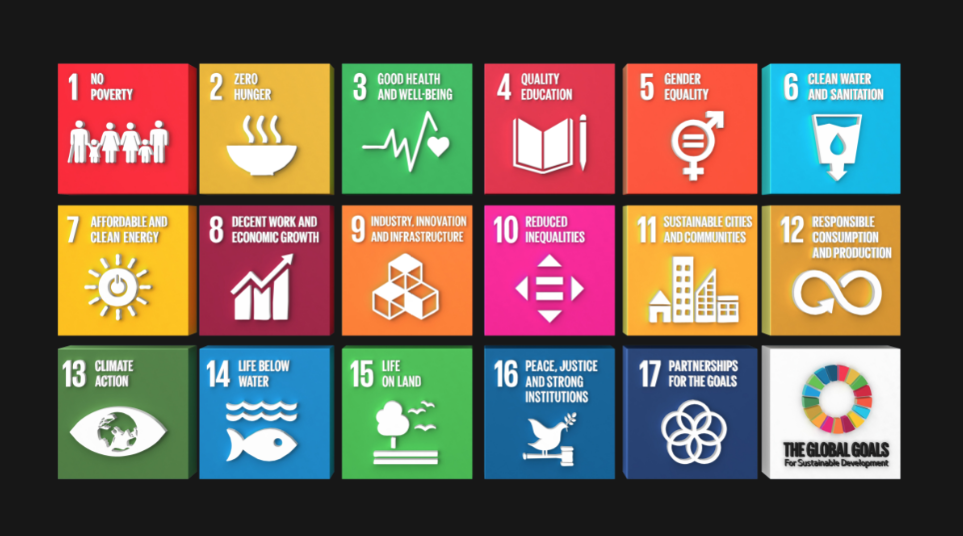Peter Rands, Director of Sustainability Development, discusses how climate change remains a priority for universities despite Covid-19 pandemic.
On the scale of urgency and importance, there is no doubt that a global response to the Covid-19 pandemic is an absolute priority, both in terms of minimising its impact on humankind and on national and global economies. At a personal level the pandemic has disrupted people’s lives in unprecedented ways. Meanwhile, at an institutional level, universities across the land face extraordinary operational and financial pressures. However, what this crisis has proved is that we can unite and act rapidly in a common cause. There will need to be a similar collective response if universities are to survive over the coming year. This will push Higher Education Institutions into new and sometimes difficult territory.
Fortunately, universities can draw on a framework that provides a blueprint for the future. In 2015 the United Nations adopted a set of goals and targets to stimulate action in areas of critical importance for humanity and the planet. These are known as the SDGs (Sustainable Development Goals) or, more simply, the Global Goals. By signing the SDG Accord Canterbury Christ Church University and the Students’ Union have joined universities, colleges and international education networks, pledging to embed the Global Goals in their activities. But what does this really mean? How can we have an impact on 17 goals and 169 targets, many of which are focused on issues of social justice involving countries across the world. Just published, our response to the UN SDGs, provides a glimpse of the possibilities. And as the report shows, the University is engaged with myriad activities related to specific targets across all 17 goals involving the full range of its operations.
One goal – Climate Action – stands out above the others. Keeping global warming below 1.5 degrees above pre-industrial levels, and delivering a net zero carbon world by 2050 at the latest, is an absolute priority. Unfortunately, the Global Goals do not indicate any sense of priority in relation to specific goals and targets, so however equitable and laudable they are, they miss one fundamental point; that climate is the overarching governor of the physical world and the resulting indirect impact on the human social foundation, as demonstrated by the Overseas Development Institute billiard ball model (see illustration).
So, coming out of the current crisis with a renewed sense of community, culture and purpose, we will need to individually and collectively galvanise our response to climate change, and build a realistic, credible and achievable roadmap to carbon neutrality for the university sector.
Can we do this? If we act decisively and dynamically to the current urgent and important crisis, we can. But first we all need to recognise that we have a responsibility to act upon the crisis. For individuals this might mean changing travel and purchasing habits, consuming and disposing of less, using less energy and ‘living well’. For universities like Canterbury Christ Church this will mean maximising the use of our estate and energy efficiency, and taking forward the best of what we have learnt in the last few months. But it also means holding fast to our primary focus of education, and remembering that learning is a slow, uncertain, messy and disruptive process that requires social interaction within wildly varying and experiential environments.
What will you do?
Dr Peter Rands is Director of Sustainability Development at Canterbury Christ Church University
 Expert comment
Expert comment Emma Grafton-Williams
Emma Grafton-Williams 1584
1584


